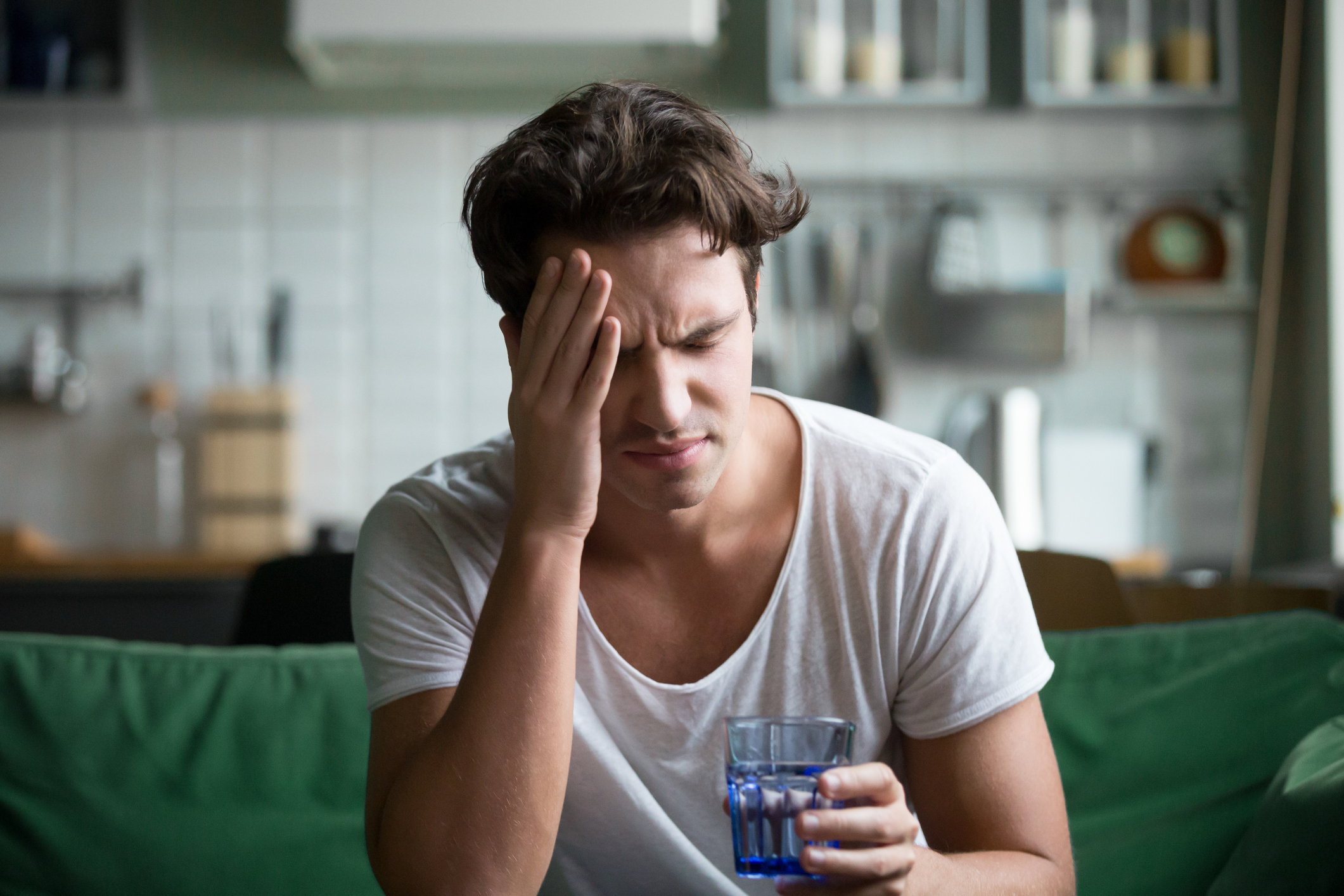

A drink with dinner, or a beer with the ball game — no big deal, right?
What about two drinks? Or three beers? I’m not out of control, so there’s no harm, right?
Your body, and recent research, would disagree.
Binge drinking is defined for women as having four or more drinks in two hours; for men, it is five or more drinks in two hours.
If you’ve had enough to drink to give you a hangover the next morning, you’re setting yourself up for a potentially fatal heart problem, even if you’ve never had heart issues before.
What is A-fib and why is it dangerous?
Atrial fibrillation, or A-fib, is an irregular and often very rapid heart rhythm, also known as a heart arrhythmia.
A-fib can cause a fast, pounding heartbeat, or palpitation, as well as shortness of breath or weakness.
It can also lead to blood clots in the heart and increases the risk of stroke, heart failure and other heart-related complications.
But even more frightening is the fact that, for many people, it may be going on silently, with no symptoms at all.
Binge drinking linked to new cases of A-fib
Researchers at the University of California San Francisco have found a connection between increased alcohol consumption and hospital visits for A-fib.
By examining hospital records, medical records, and other data, they concluded that many new cases of A-Fib are triggered specifically by binge drinking.
More importantly, they found this to be true even in people with no prior record of heart problems.
Senior study author Dr. Gregory Marcus is a professor of Medicine at UCSF and associate chief of cardiology for research at UCSF Health.
“A ‘negative control’ analysis examining another common heart rhythm problem — supraventricular tachycardia — did not reveal the same relationships, suggesting there is something indeed uniquely important about the alcohol as a risk factor for acute atrial fibrillation, rather than alcohol as a general determinant of a medical visit or even all heart rhythm problems,” Marcus explained.
In other words, the connection between binge drinking and A-fib stood out in the research, and the same connection was not found between drinking and other heart problems.
Even one episode of binge drinking could be enough to set off A-fib. And what’s really scary is that, for some people, it’s a silent killer, with no heart pounding or other symptoms at all.
But what about just one drink a day?
You may be thinking, “Binge drinking? That’s not me! I just like a glass of wine with my dinner every evening, to wind down.”
You could still be a target for A-fib.
A recent study in the European Heart Journal found that just one alcoholic drink a day was linked to a 16 percent greater risk of atrial fibrillation. Up to two drinks a day was associated with a 28% increased risk, and this went up to 47% for those who consumed more than four drinks per day.
But what about that recommendation we’ve been hearing for years — that a glass of wine each day is good for the heart?
Professor Renate Schnabel, a consultant cardiologist at the University Heart and Vascular Center, Hamburg-Eppendorf (Germany), lead author of this study, addresses this idea in light of her team’s findings:
“These findings are important as the regular consumption of alcohol, the ‘one glass of wine a day’ to protect the heart, as is often recommended for instance in the lay press, should probably no longer be suggested without balancing risks and possible benefits for all heart and blood vessel diseases, including atrial fibrillation.”
It’s certainly something to give some serious thought to.
Sources:
Binge Drinking Linked to First Episodes of Heart Rhythm Disorder — University of California San Francisco
One small alcoholic drink a day is linked to an increased risk of atrial fibrillation — Science Daily
Population-level analyses of alcohol consumption as a predictor of acute atrial fibrillation episodes — Nature Cardiovascular Research
Only Alcohol – Not Caffeine, Diet or Lack of Sleep – Might Trigger Heart Rhythm Condition — University of California San Francisco
